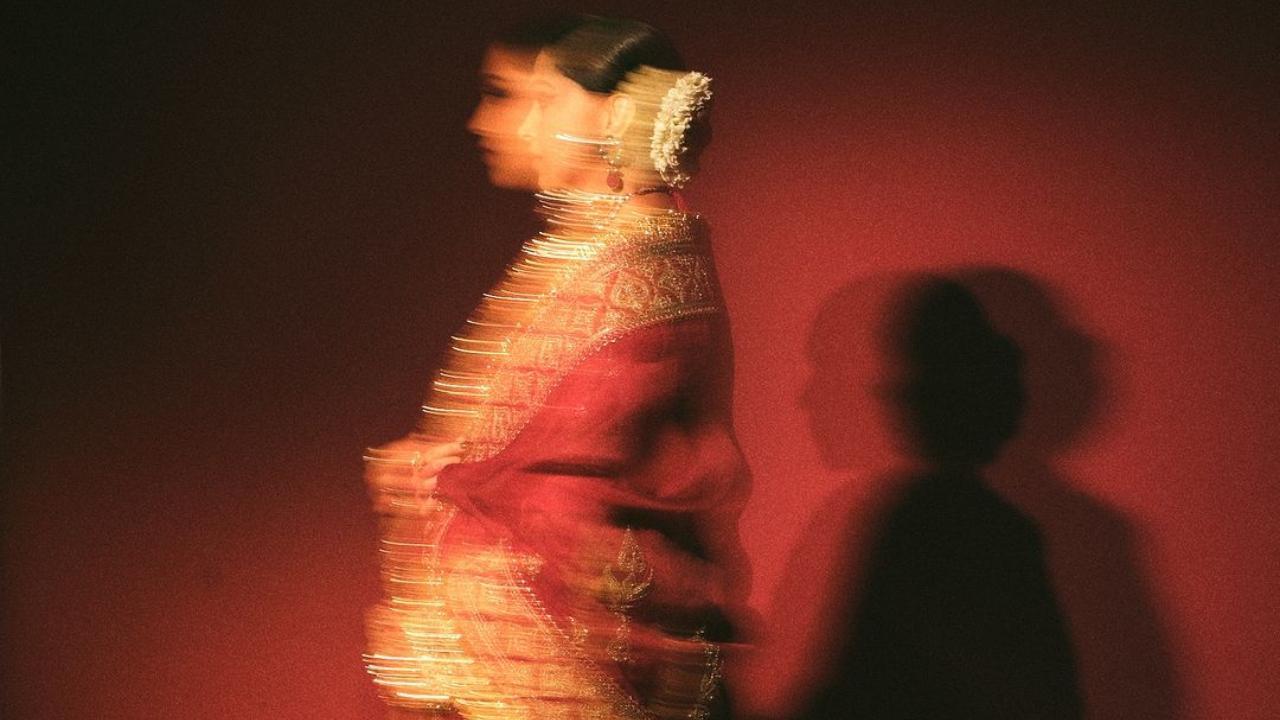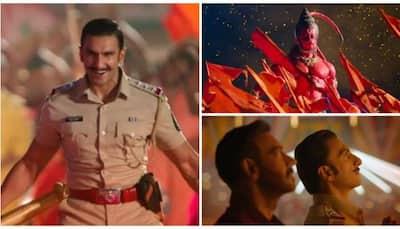
Ali Abbasi’s film, The Apprentice, presents viewers with a compelling yet unsettling journey into the early years of Donald Trump’s metamorphosis from an audacious real estate heir into a figure embodying moral emptiness. Diverging from the usual barrage of headlines and scandals, The Apprentice offers a different perspective, delving into how power skews those susceptible to corruption and transforms ambition into ethical decay.
Sebastian Stan boldly steps into the role of a young Trump, depicted long before the emergence of the notorious personality trailing campaign paths and Twitter sprees. Through a portrayal that borders on caricature, Stan effectively embodies the young businessman’s persona, nailing the characteristic exaggerated pout, fluid hand gestures, and often ambiguous smirk. His performance is not simply skin-deep; rather, it is his rendering of Trump’s emotional evolution that captures a man uncertain of his identity and yet, unmistakably ready to flout any rule to become notable. Tragically, that notable person paves the way toward a haunting presence within America’s political theater.
At the core of The Apprentice is the relationship between Trump and Roy Cohn, infamously known as the legal mind who once helped send Julius and Ethel Rosenberg to the execution chamber. With a chilling and almost reptilian presence, Jeremy Strong brings to life Cohn’s role as the real progenitor of Trump’s darker tendencies. Strong’s performance channels a snake-like cunning akin to the machinations of Waystar-Royco, bringing an eerie depth to Cohn’s mentorship. Cohn’s homophobic nature aligns seamlessly with Trump’s willingness to engage in deceit and manipulation, identifying in him a spirit similarly inclined to breach moral boundaries—a man whose ethics are too flexible to resist corruption.
In this vein, The Apprentice cleverly disguises itself as a political biography while it subtly integrates a perverse bromance between Trump and Cohn. Abbasi’s direction paints their relationship as perversely intimate, a partnership crackling with recognition of mutual depravity, where allegiance is determined by how much one is willing to compromise morally. The scenes depicting their schemes are imbued with a slick camaraderie that induces discomfort, akin to observing Faust as he signs an ill-fated deal. Their exchanges carry a nuanced erotic charge that lingers, suggesting a bond that is both corrupt and chillingly intimate.
Critical to the film’s efficacy are its stellar performances. Strong’s depiction of Cohn is a masterclass in cynicism and manipulation, his polished exterior barely concealing a seething disdain.
. Watching him effectively ruin lives, masterfully handle judges, and guide Trump in managing the media feels startlingly prophetic. Conversely, Stan teeters on the brink of rendering Trump a sympathetic figure, harnessing his early mistakes and portraying them as almost pitiable—almost. However, it’s the calculating glint of conceit in Trump’s eyes that reminds audiences of whom they are dealing with.
Abbasi’s direction intensifies the unease that permeates The Apprentice, capitalizing on his flair for the unsettling as seen in Holy Spider. The 1970s New York backdrop is a reflection of its characters—grimy yet glamorous, a realm ripe for exploitation by those like Trump. Cinematographer Kasper Tuxen captures this dichotomy through visuals of smoke from sewers mingling with the bright allure of Manhattan’s lights, symbolizing the inner decay of the city’s inhabitants.
The cleverly penned script infuses gallows humor into the story, eliciting laughs that are short-lived. Moments such as Trump’s vanity-driven dilemmas before mirrors or Cohn’s sartorial advice, urging suits to conceal unsightly features, are absurdly comedic. Yet, this humor serves to underscore the grotesque metamorphosis unfolding before the audience. Abbasi expertly toggles between laughter and sudden reprisal, reminding viewers of the sinister reality at play.
The latter half of The Apprentice falters as it leans heavily on headline-heavy moments. An especially publicized scene depicting a sexual assault involving Trump and Ivana, played by Maria Bakalova, jars detrimentally with the expert psychological insights crafted in the film’s preceding sections.
Ultimately, The Apprentice transcends a basic biographical portrait to explore the birth of a myth—the calculated creation of Trump’s winner image, his near-perfect illusion of invincibility despite his numerous missteps. Abbasi paints a vivid narrative of rise and resilience, ultimately redirecting the lens from Trump’s ascent to the collective negligence of society as it unfolded. Stan and Strong’s compelling portrayals solidify Abbasi’s vision of an American nightmare reverberating in current times—a narrative unlikely to fade from memory.
Initially set for release today, The Apprentice’s theatrical debut in India has been postponed following an uncut, uncensored premiere last evening.










